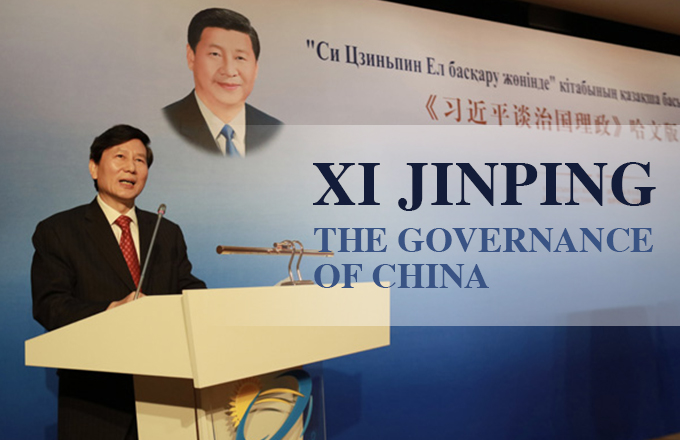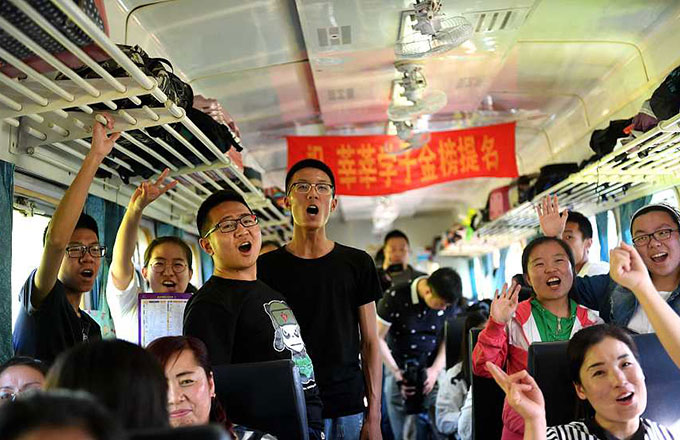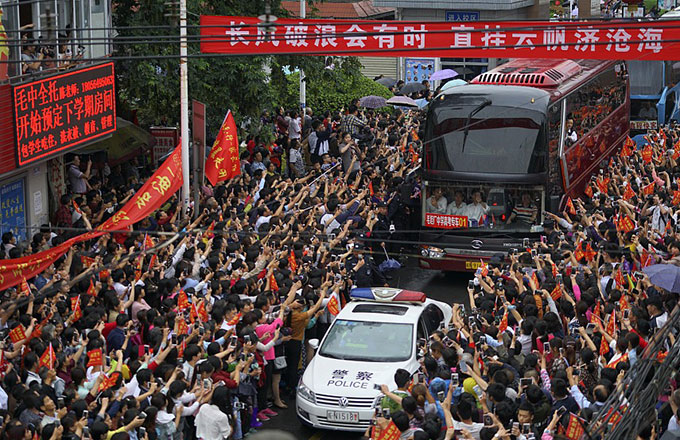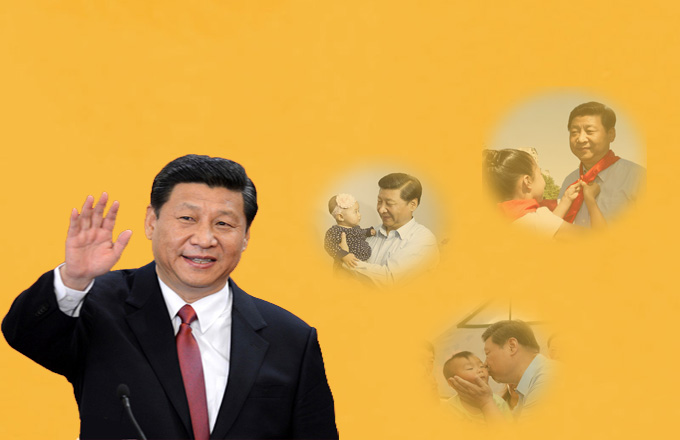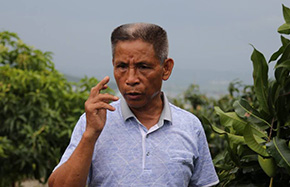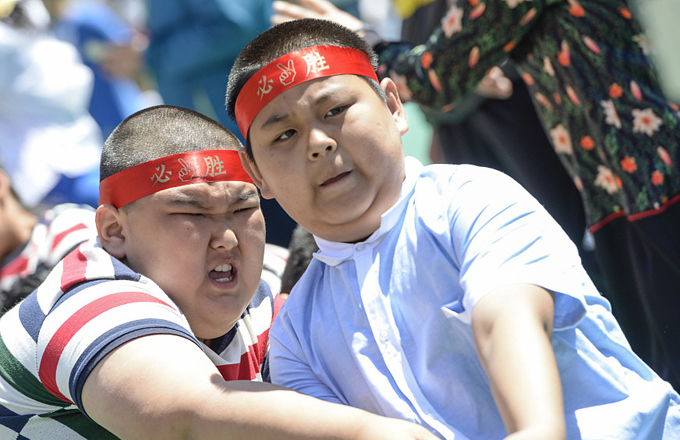Farmers spin straw for extra income
Reminiscent of Rumpelstiltskin, a story collected by the Brothers Grimm, rice farmers in South China's Guangxi Zhuang autonomous region have found a way to spin straw into gold - well, almost.
Modern farming machinery has replaced working cattle, leaving farmers with a surfeit of straw, a once valuable resource that both fed and cushioned the cattle after a long day in the fields.
Instead of wasting the straw, resourceful villagers are now spinning it into rope, turning the cattle fodder into a cash cow.
He Yuanzhi, a rice farmer in Fuchuan Yao autonomous county's Chengbei township, said in days gone by, people would be angered when they saw him burning his waste straw.
"After harvesting my rice, I burned the straw as it had no use and would have affected the new rice if I left it in the paddy fields," he said.
After speaking with poverty alleviation officials, He purchased two machines in February that spin straw into rope. Having had a stint as a machine worker at a brick plant, the new task came easily to He.
But he soon found that he could not make enough to meet demand. "The rope is popular with tile makers, and gardening companies also use it to tie turf rolls, so demand is high," he said.
Hezhou, 70 kilometers from Chengbei, is the largest hub in China for artificial stone production.
Over the past three months, He has sold 400 rolls of rope, pocketing more than 5,000 yuan ($740), and he plans to order another 10 machines.
The rope business has few outlay costs and is a low-risk operation, presenting a perfect opportunity for poor families to make money and play an active role in their own prosperity, according to Xiao Fang, a poverty relief official in the township.
In Chengbei, more than 1,200 households, 23 percent of the population, are under the poverty line. The local government plans to help 500 of them improve their financial standing this year, part of the central government's drive to eradicate poverty in China by 2020.
The township government plans to purchase 50 rope machines to rent to those who cannot afford to buy one outright.
The rental fee will be used for public services, such as infrastructure construction, Xiao said.
A machine will cost about 100 to 200 yuan a year to rent, while 750 rolls of rope can generate 6,000 yuan with just 1 hectare of rice straw, she said, adding that the work can be done in people's spare time after they have completed their farm work.
According to Xiao, even machine operators, those hired by the people who rent or own the machines, can earn a wage of about 80 yuan a day. The biggest issue is balancing the amount of raw material with demand for the final product.
He said clients order by the truckload, so a large amount of straw is required every day.
This is not a problem, however, as the spinners cooperate with rice harvesters and nearby farmers to source the straw for their rope business. Xiao said, "The government helps with the coordination, as a lot of people are involved, so we cover some harvesting expense for them in return."
Xinhua







